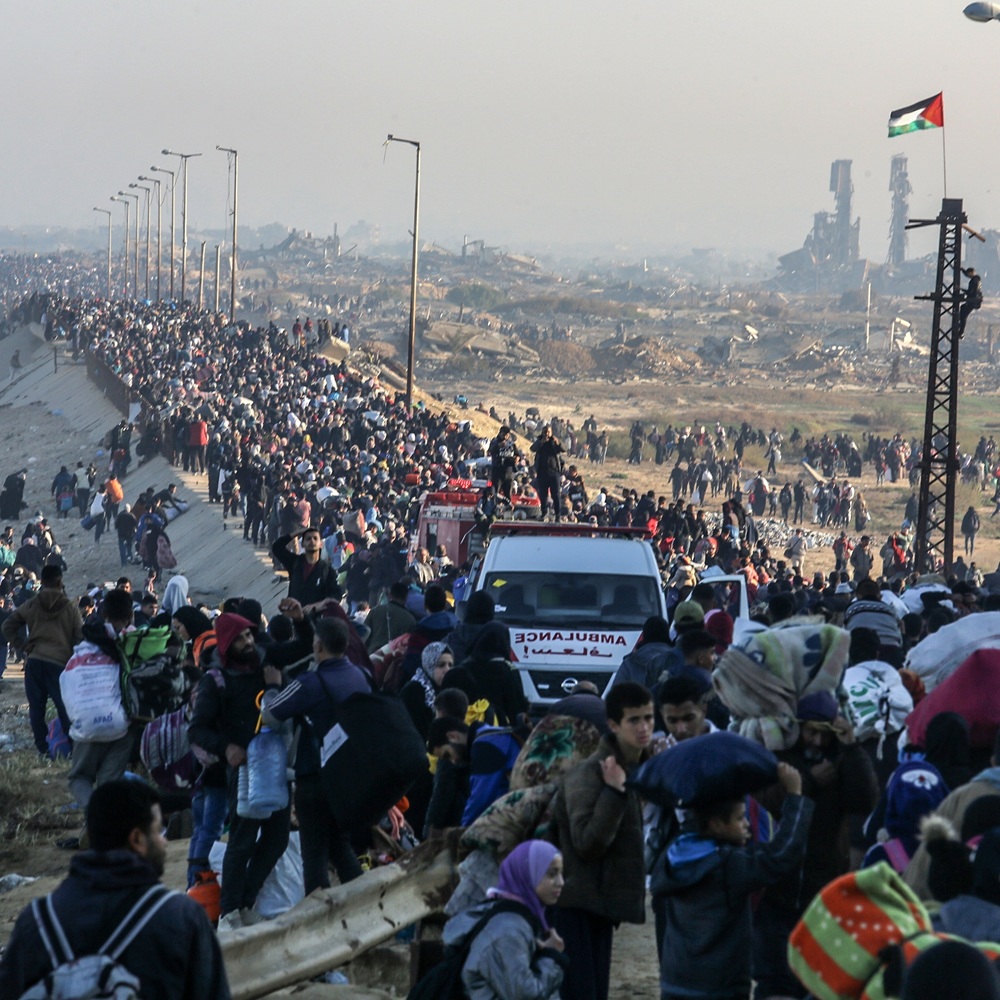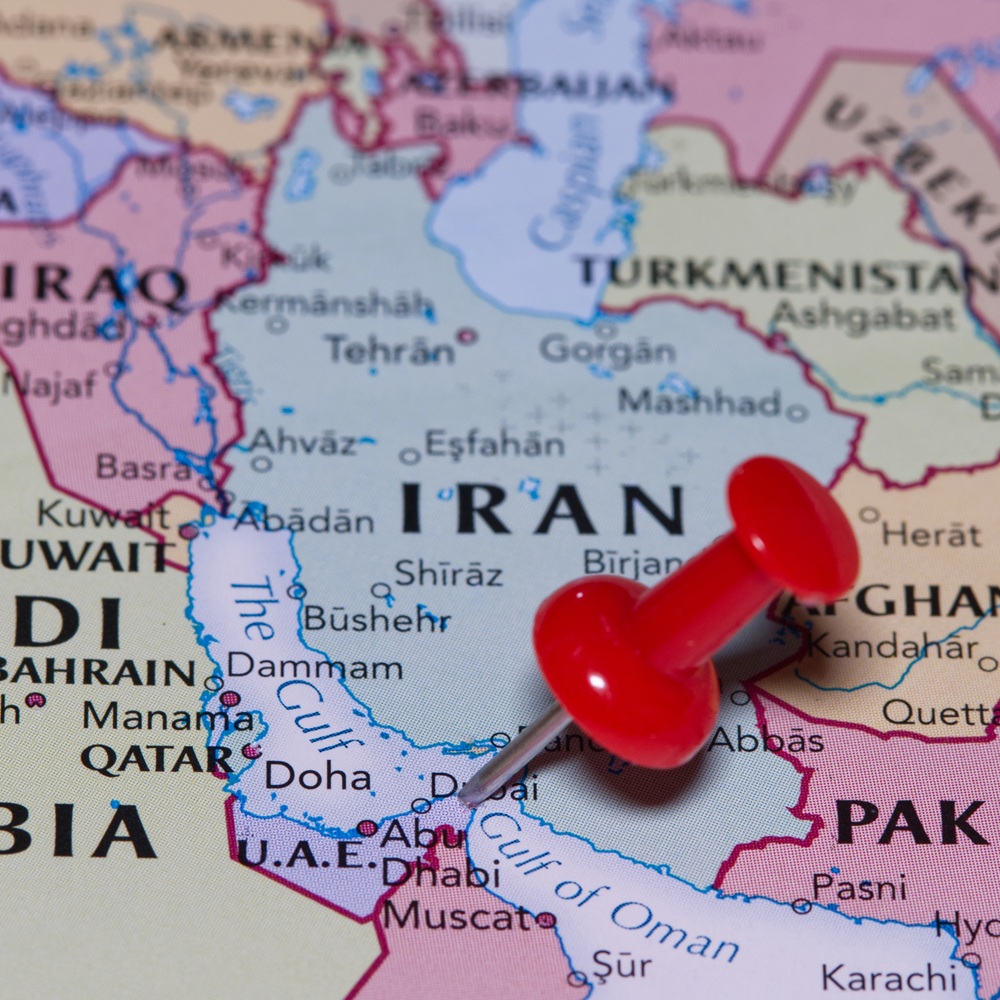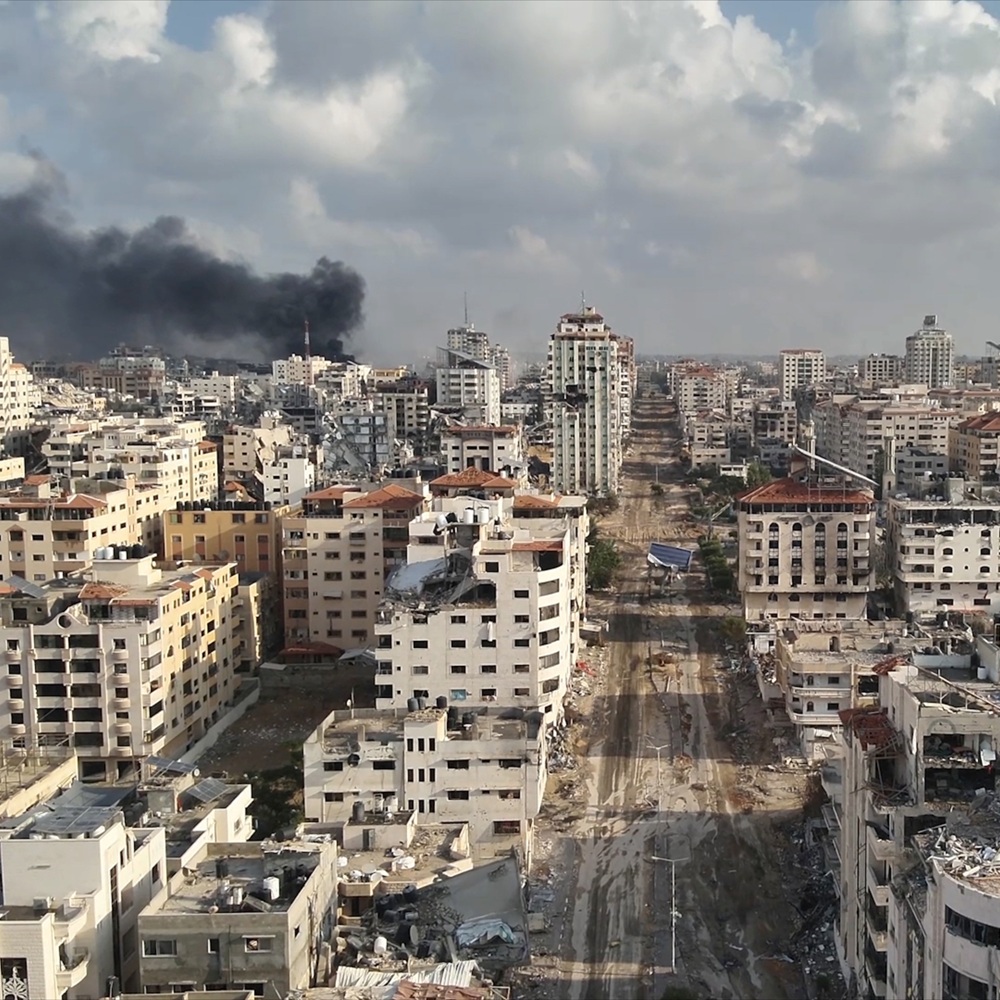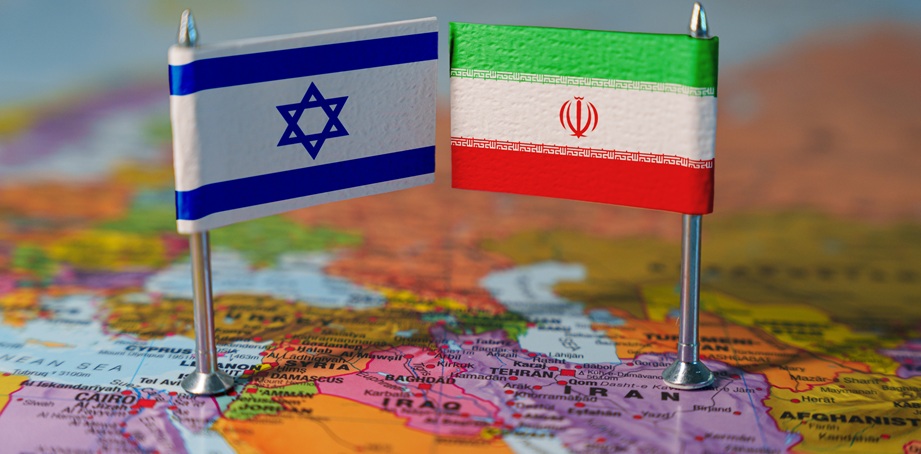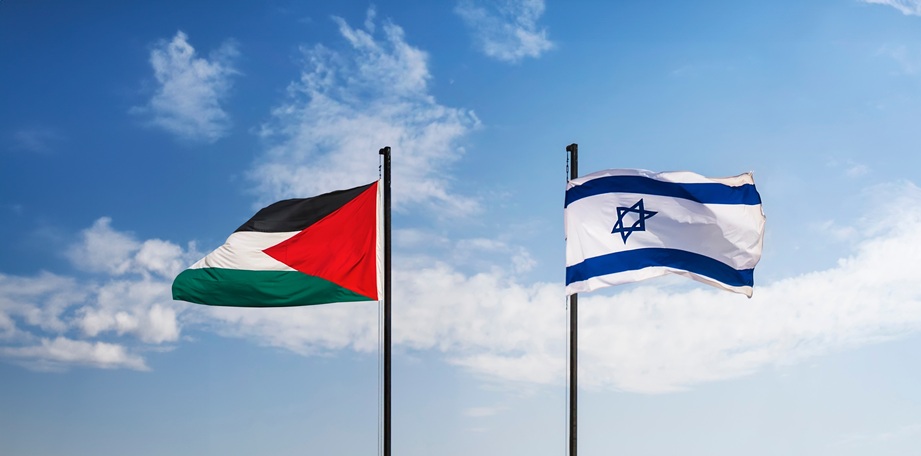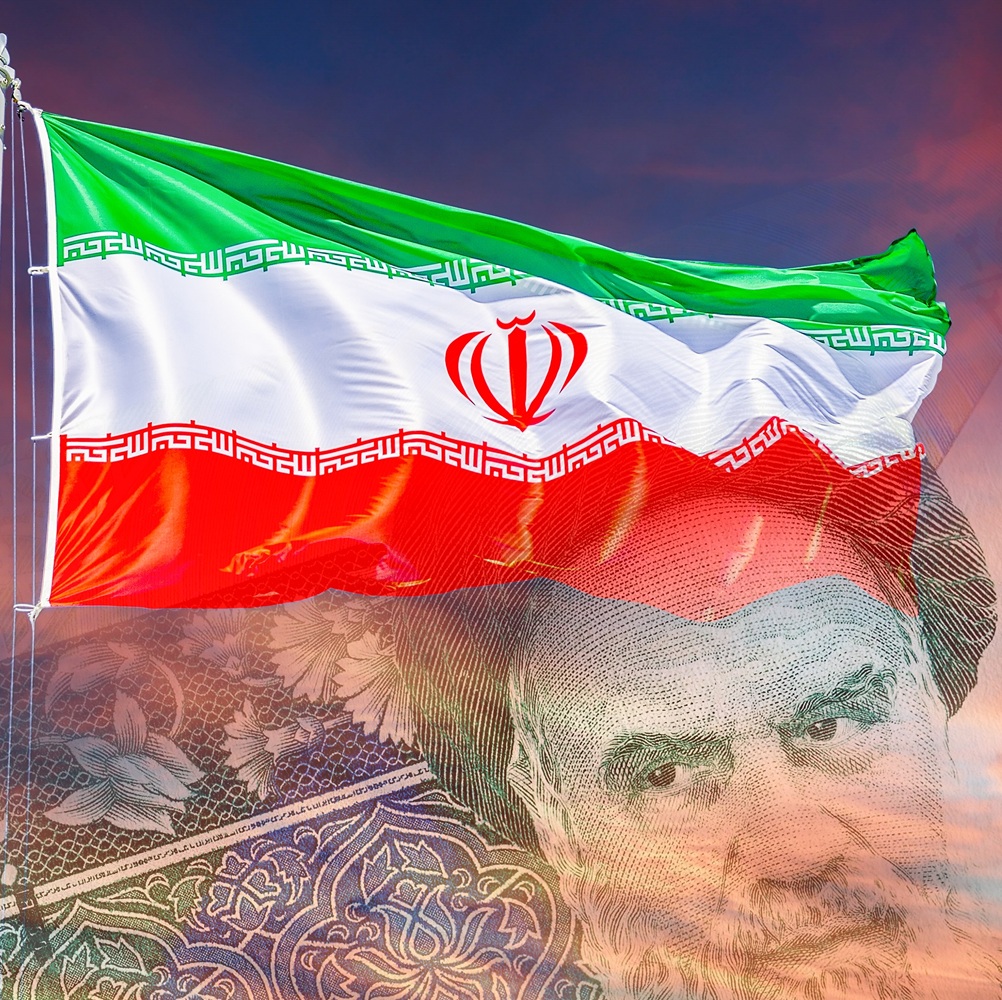
Iran’s Quiet Recalibration: Post-Conflict Strategy Challenges Sanctions Logic
by Bahram P. Kalviri
The recent conflict between Iran and Israel, irrespective of its military and security ramifications, marks the genesis of a new phase in Iran’s engagement with the world. This has the potential not only to alter the regional balance but also to redefine the trajectory of Iran’s nuclear program, its sanctions regime, and its diplomatic capacities. While many anticipated that this confrontation would escalate political and economic pressures on Iran, certain strategic realities and diplomatic indicators suggest that, conversely, this crisis might initiate a recalibration in international policy concerning Iran. Ostensibly, the Western alliance continues to voice concerns about Iran’s nuclear program. However, at deeper levels, the question arises: if Iran’s key nuclear facilities have been targeted and completely obliterated, what justification remains for continuing “maximum pressure“? Does this situation, despite its inherent difficulties, not present an opportunity for Iran to enter a new phase of diplomatic play without explicitly signaling retreat? A phase where novel tools, such as collaboration with third countries, the strategic use of silence, and intelligent avoidance of direct negotiation, could supersede the exhaustive path of the past. This analysis endeavors to present a clear and comprehensive picture of the sanctions landscape, the outlook for a potential agreement, and innovative diplomatic avenues for Iran post-conflict. The central question is whether Iran can leverage this crisis into an opportunity to restore its economic and strategic standing, or if the post-conflict environment will merely exacerbate the challenges in its engagement with the world. To begin with, the logic of sanctions has always rested on a simple principle: to generate pressure for behavioral change. However, this logic is deemed effective only when the sanctioned entity retains maneuverability or the motivation to resist. Now, following an attack that the U.S. claims to have inflicted on sensitive parts of Iran’s nuclear infrastructure, a clear contradiction has emerged in Western sanctions policy: if Iran is no longer capable of quickly returning to a high level of nuclear activity, what is the meaning and justification for continuing a policy of maximum pressure? From the perspective of independent observers, this juncture could represent a strategic rupture. Maximum pressure is justifiable when Iran is on an escalating trajectory with its nuclear program and the technical balance of power is shifting in Tehran’s favor. However, if, as claimed by the opposing side, Iran’s nuclear capability has been set back, then maintaining the sanctions structure would be less an instrument of foreign policy and more an indication of the aimlessness and inertia within the U.S. policymaking apparatus. Under such circumstances, some circles in Tehran speak of the necessity of adopting “intelligent silence.” This approach, instead of sharp reactions or widespread propaganda, relies on leveraging strategic ambiguity and granting itself time. This is particularly relevant if conditions arise where the West, to maintain the appearance of their operation’s success, is compelled to temporarily halt or alleviate pressures. In this scenario, Iran, without abandoning its principled positions, could create space for a recalibration of international actors’ behavior. The critical point is that sanctions are effective only when dynamically linked to a specific objective. If the goal was to alter nuclear behavior, and that behavior is now contained, then the continuation of sanctions is not a tool of statecraft but a sign of the absence of an alternative strategy. Iran can exploit this contradiction, provided it accurately comprehends the changing strategic landscape and avoids falling into the trap of hasty reactions. Building on this evolving dynamic, the recent conflict not only disrupted strategic calculations in Tehran and Tel Aviv but also palpably darkened the political and diplomatic atmosphere between Iran and the West. Prior to this conflict, although indirect nuclear negotiations between Iran and the U.S. were proceeding in a fragile silence, avenues for reviving the 2015 agreement (JCPOA) were still conceivable. Now, however, following explicit military threats from the U.S. and its overt role alongside Israel, even this fragile path has been severely questioned. In Tehran, many analysts believe that the strategy of appeasement and cautious engagement with the West regarding the nuclear dossier requires reconsideration. The recent military threats posed by Washington and its allies, more than being psychological pressure, carried an operational message—a message that effectively put those political elites in Iran who had always dismissed Western threats as mere rhetoric into a position of weakness. It is now acknowledged that complete disregard for threats can be costly for the country. Consequently, the decision-making discourse in Tehran has undergone a new realism: neither complete appeasement nor hasty confrontation; rather, the management of the balance between threat and opportunity. Nevertheless, direct negotiation with the U.S. remains a red line that is rooted not only in domestic politics but also intrinsically linked to Iran’s strategic prestige. On the other hand, the Trump administration faces domestic challenges and electoral constraints and does not wish to enter a process, on the eve of elections, that could be interpreted by its domestic opponents as “conceding to Tehran.” This is particularly true given that the recent conflict has created a more aggressive image of Iran in Western public opinion, an image that significantly complicates the space for flexible diplomacy. Given this diplomatic deadlock, traditional options are practically defunct. Neither the Vienna path is effective, nor do the Omani or Qatari channels operate with the same ease as before. Therefore, either innovative models must be considered—or it must be accepted that the agreement, in its previous form, has reached a historical dead end, and the time has come for a new architectural approach to engagement. One such idea is the adoption of a “third-party commitment” model, which could resolve part of the nuclear and sanctions crisis without requiring a direct agreement with the U.S. In this model, Iran could entrust a portion of its nuclear technical and supervisory commitments, through bilateral or multilateral agreements, to regional third countries such as Qatar, Oman, or Saudi Arabia. These countries, which maintain more balanced relations with Washington, could act as guarantors of these commitments and, simultaneously, negotiate with the U.S. government for specific sanctions waivers to facilitate economic and banking cooperation with Iran. For instance, Tehran could agree with Saudi Arabia or Qatar that part of the oversight process for enrichment or peaceful nuclear activities would be pursued through structures supervised by these countries or joint regional bodies. In return, these countries could receive licenses from the U.S. Treasury, Office of Foreign Assets Control (OFAC) to participate in energy, banking, or transportation projects with Iran. This model, while circumventing the political sensitivities of direct negotiation, could provide a limited breathing space for Iran’s economy at the technical and executive levels. Another advantage of this approach is the strengthening of Iran’s regional position through the institutionalization of cooperation with its neighbors. Such a model transforms Iran’s image from a threatening actor to a cooperative partner, and effectively, contrary to Israel’s narrative, leaves the path open for regional dialogue. Evidently, this model is not without challenges, including Iran’s need to gain the trust of these countries, provide sufficient technical and legal guarantees, and prevent Israeli maneuvering aimed at disrupting this process. However, in the current circumstances, “third-party commitment” is one of the few options that can overcome the current impasse without imposing the heavy costs of a direct agreement. To fully grasp the broader diplomatic calculus, one must look beyond regional conflicts and into the structural shifts within global geopolitics. For a precise analysis of U.S. sanctions and diplomatic behavior towards Iran, it is insufficient to focus solely on military skirmishes or rhetorical threats. Official and semi-official U.S. foreign policy documents in recent years clearly indicate that Washington’s strategic priority is not Iran, nor even the Middle East, but rather containing China in global competition. This prioritization has created a divergence between verbal threats and the actual U.S. willingness for military engagement or even sustained maximum pressure. Although Washington symbolically and periodically sided with Tel Aviv in the recent Iran-Israel conflict, it was never eager for direct military involvement. In fact, many American analysts warned that drawing the U.S. into a new war in the Middle East would divert the country’s strategic focus from containing China, controlling Taiwan, and technological-economic competition with East Asia. In this vein, the Trump administration—contrary to the traditional perception of its aggressive policy—is disinclined towards costly and protracted wars in the Middle East. Even during his first term as president, he emphasized the withdrawal of troops from the region, reducing foreign expenditures, and focusing on the domestic economy. Therefore, although his policy towards Iran appears more hostile on the surface, in practice, he might prefer an option for managing tension without war; a model that could include maximum economic pressure, occasional threats, and perhaps even a show negotiation, but not direct engagement. Taken together, these factors—shifting U.S. priorities, regional recalibrations, and tactical innovation—suggest that the recent Iran-Israel conflict was a turning point that not only impacted the regional security balance but also provided an opportunity to revisit the path of sanctions, diplomacy, and nuclear policies. Contrary to popular belief, this war may have transformed into a saturation point in the West’s sanctions logic, rather than merely an excuse to intensify pressure—a point where continued pressure, without a clear objective, amounts to strategic self-sabotage. On the other hand, Trump’s return to power, with all its sharp and symbolic implications, conceals a contradictory reality: this president might be less inclined than any of his predecessors to engage in a costly war in the Middle East. The prioritization of China, domestic economy, and Trump’s transactional approach all indicate that Iran can utilize the existing environment to design a new path, one that does not necessarily lead to a classic agreement, but rather to smart tension management through informal and regionally focused tools. In this context, initiatives such as third-party commitments, leveraging neighbors’ capacities to reduce pressure, and pursuing a policy of strategic silence and ambiguity can enable Iran to redefine its economic and diplomatic trajectory – and to do so without retreat, without costly negotiations, and without falling into the trap of zero-sum games. However, success on this path requires several fundamental preconditions: (1) a precise understanding of strategic changes in the US; (2) realism in confronting new threats without succumbing to emotional reactions; (3) intelligent coordination among domestic decision-making bodies; and finally (4) revival of Iran’s economic and regional diplomatic capacity with the aim of exploiting limited but important opportunities. Ultimately, the fundamental question is not whether a grand agreement is imminent or if sanctions will be lifted overnight. The question is whether Iran, at this historical juncture, can calmly, precisely, and with an integrated view of security, economy, and diplomacy, transform the crisis into a platform for recalibrating its role in the regional and global order. The answer to this question depends not merely on external developments, but on the will and initiative within Iran. The text of this work is licensed under a Creative Commons CC BY-NC 4.0 license.









